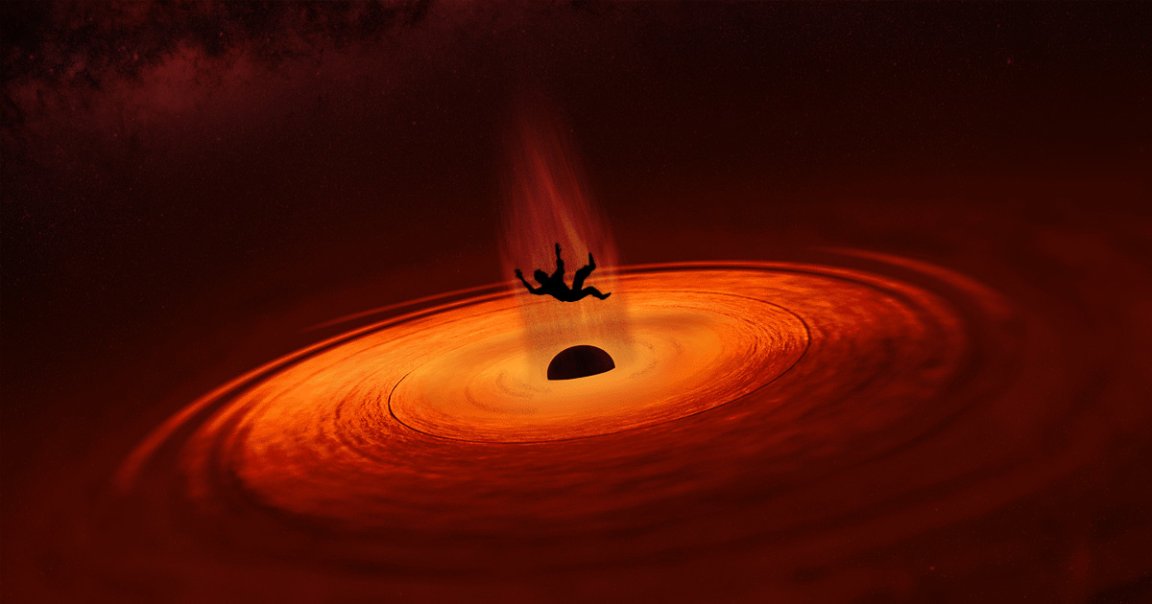
American astronomer and University of California professor Andrea Ghez just won this year’s Nobel prize in physics for her groundbreaking work on black holes.
But Ghez, who’s only the fourth woman ever to receive the coveted prize, isn’t taking the award too seriously. When asked what would happen if one were to fall into a black hole, she had a grim answer.
“So if you were to think about falling into a black hole feet first, the first thing that would happen is that the pull of gravity is so much stronger in your feet than your head that you would actually be torn apart,” she told Agence France-Presse.
“We wouldn’t feel anything because we wouldn’t exist, we wouldn’t survive it, we would be broken down into our fundamental pieces,” she added. “I would not want to do this.”
Ghez shares the prize this year with Reinhard Genzel, astrophysicist and co-director of the Max Planck Institute for Extraterrestrial Physics.
Ghez and her team recently celebrated 25 years of studying the supermassive black hole at the center of the Milky Way, called Sagittarius A*, using the Keck Observatory atop Mauna Kea in Hawaii.
Thanks to the telescope’s detailed resolution, her work enabled us to follow the orbits of stars circling the black hole despite a massive shroud of interstellar gas and dust blocking our view. Her research gave us the most robust evidence that what’s lurking at the center of our galaxy is a supermassive black hole.
“What Andrea Ghez and Reinhard Genzel did was one of the coolest things ever — revealing stars in the center of our galaxy orbiting a black hole too small to see with a telescope,” Peter Fisher, professor and head of MIT’s Department of Physics, said in a statement.
Every day studying black holes, Ghez says, is a mind-bender.
“It’s very hard to conceptualize a black hole,” Ghez told AFP. “The laws of physics are so different near a black hole than here on Earth, that the things that we’re looking for, we don’t have an intuition for.”
READ MORE: Nobel-Prize Winning Black Hole Researcher Holds a Map of Stars in Her Mind [AFP]
More on Sagittarius A*: Astronomers Detect “Bullets” of Gas Shooting Out of Our Galactic Center